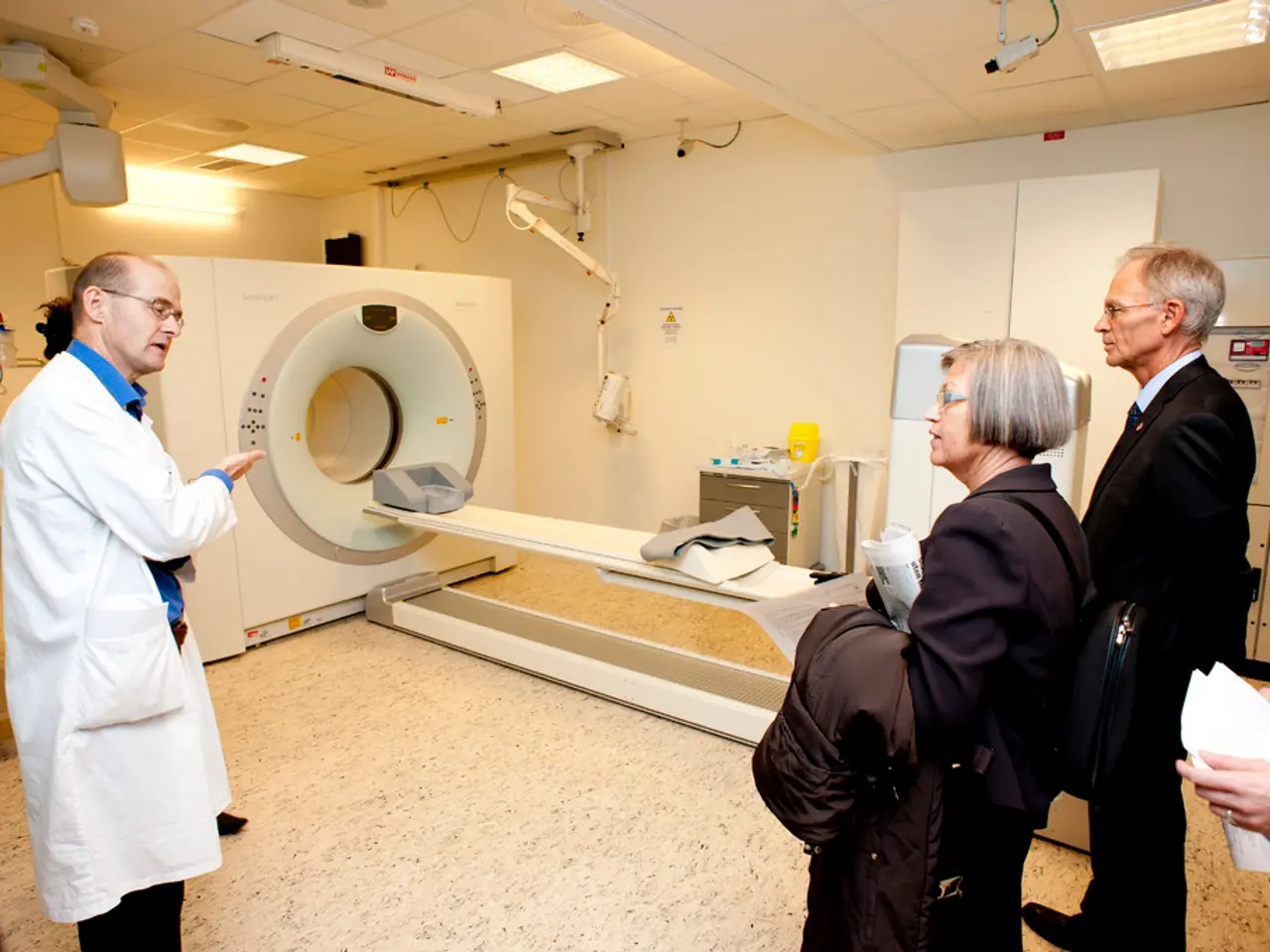Transformation of Global Healthcare by AI in 2025: AI set to revolutionize the medical field, calling on leaders for immediate action
The latest Royal Philips Future Health Index 2025 report underscores the importance of trust in the adoption and impact of Artificial Intelligence (AI) in healthcare. The report reveals a significant trust gap between patients and healthcare professionals, with patients expressing concerns about AI reducing face time with doctors, while clinicians remain optimistic about AI's potential to improve healthcare delivery and patient outcomes.
Key insights from the report include:
- Patients’ Trust and AI Adoption: Despite 66% of Australians welcoming technology for better care, only 43% of patients are optimistic about AI in healthcare. This indicates a clear trust deficit that could slow AI adoption, with 34% more patients being less optimistic about AI's benefits compared to clinicians.
- Clinicians’ Optimism and AI Benefits: Most healthcare professionals see AI as a tool to alleviate administrative burdens, reduce wait times, improve patient access, and empower clinicians to deliver more human-centric care. They believe AI can help reclaim clinical time lost to administrative tasks and incomplete data. However, 69% of clinicians involved in AI and digital technology development express concerns that these tools do not meet real-world needs.
- AI’s Role According to Stakeholders: Both patients and providers agree that AI's main role should be to augment, not replace, the clinician-patient relationship. AI is seen as a means to enhance human-centric care rather than detract from it.
- Impact of Trust on Healthcare Outcomes: Lack of trust may prevent patients from fully benefiting from AI innovations. On the other hand, trusted AI tools could improve healthcare efficiency, reduce delays, and alleviate clinician burnout, ultimately improving patient outcomes.
- Building Trust Requires Transparency and Collaboration: The report emphasizes the importance of trust, transparency, and collaboration between patients and clinicians as essential to unlock AI’s full potential in healthcare.
The report also highlights concerns regarding AI implementation. If AI is not implemented, 46% of healthcare professionals fear missed opportunities for early diagnosis and intervention. Additionally, 46% of healthcare professionals cite growing burnout from non-clinical tasks as a concern. The FHI 2025 Report indicates AI has the potential to transform care delivery.
One-third of healthcare professionals lose over 45 minutes per shift due to data inefficiencies, amounting to 23 full days a year lost by each professional. Long waiting times for specialist appointments can lead to worsening health for 33% of patients, and more than 1 in 4 end up in the hospital due to long wait times.
Clinicians say trust hinges on clear legal and ethical standards, strong scientific validation, and continuous oversight. Cardiac patients face especially dangerous delays, with 31% being hospitalised before even seeing a specialist. If AI is not implemented, 42% of healthcare professionals worry about an expanding patient backlog.
Royal Philips, a global health technology leader, has released its 10th annual Future Health Index (FHI) report. The report underscores the need for a balanced approach to AI in healthcare, focusing on safety, fairness, and representation to earn trust and deliver real impact in patient care.
- The Future Health Index 2025 report suggests that while a majority of Australians are welcoming of technology in healthcare, a significant trust gap exists between patients and healthcare professionals regarding AI.
- Clinicians see AI as a tool to alleviate administrative burdens, reduce wait times, and empower them to deliver more human-centric care, but express concerns that current AI tools do not meet real-world needs.
- Both patients and healthcare professionals agree that AI should augment, not replace, the clinician-patient relationship, and its role is viewed as a means to enhance human-centric care.
- Lack of trust in AI could prevent patients from fully benefiting from its innovations, while trusted AI tools could improve healthcare efficiency, reduce delays, and alleviate clinician burnout, ultimately improving patient outcomes.




